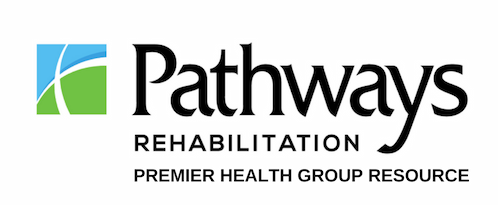Isolation and anxiety being experienced during the COVID-19 pandemic has resulted in many people self-medicating with drugs and alcohol, a study shows. The COVID-19 pandemic has changed the way of life for many, and for those dealing with addiction, it has even slowed the option of getting help when
Click here to view original web page at www.myjournalcourier.com
-

Isolation and anxiety being experienced during the COVID-19 pandemic has resulted in many people self-medicating with drugs and alcohol, a study shows.
The COVID-19 pandemic has changed the way of life for many, and for those dealing with addiction, it has even slowed the option of getting help when an addict realizes that his life is being ruined by alcohol or drug use.
“It has slowed us down, but addiction is still the same,” said Winston Henry, program director for Gateway Foundation Alcohol and Drug Treatment Centers.
“We have to do more (COVID-19) testing now … it has not declined nor has it increased,” he said of the number of people dealing with addiction.
But despite client numbers staying the same regarding treatment, Henry said that getting them into a program is a longer process now.
“Processing has slowed down, but addiction has not,” Henry said.
Henry oversees three location in the west-central Illinois area: Springfield — which is the main hub; Pekin — which is out-patient services only; and Jacksonville.
“It’s growing in the central Illinois area,” he said of trends from year-to-year of people dealing with addiction.
The Jacksonville location offers three main types of services for people wanting to get help: residential help; recover-to-home; and outpatient services.
Prior to the COVID-19 pandemic, clients receiving out-patient treatment had to go through a 21-day program before being able to work at businesses, like a referral program. But once the pandemic hit, that time-line has doubled.
“Now they have to spend 45 days in recovery due to covid because of safety issues,” Henry said, adding that when reaching the milestone of being able to get back to work they have to make sure clients are also being safe by wearing masks.
A River Oaks Treatment survey shows that one in 10 Illinoisans treated pain with alcohol or drugs during the pandemic; one in three actively avoided seeing a doctor or dentist during the lockdown out of fear of contracting the coronavirus; and 22% said they have tried to treat anxiety with alcohol or non prescription drugs since the beginning of the pandemic.
Gov. J.B. Pritzker announced that his administration received $36 million in federal funding to fight the opioid crisis that plagues Illinois. The funding is to expand prevention, treatment, recover and response initiatives across the state.
“This wave of funding is immensely helpful for a population that continues facing challenges, especially during COVID-19. We have really strengthened our public health approach around the opioid crisis. This funding helps with outreach and increases access to services. This has made a huge difference with the stigma around substance use which is a real health issue we are addressing,” said Grace Hou, Illinois Department of Human Services secretary.
For Henry, who has been with Gateway for 26 years, one thing has not changed — the feeling he gets when someone took the steps to enter a program to better themselves, stick with the program and make a better life, including building relationships back with family members and loved ones.
“Oh, man. It’s so rewarding to see the light in their face when they’re done,” he said.

